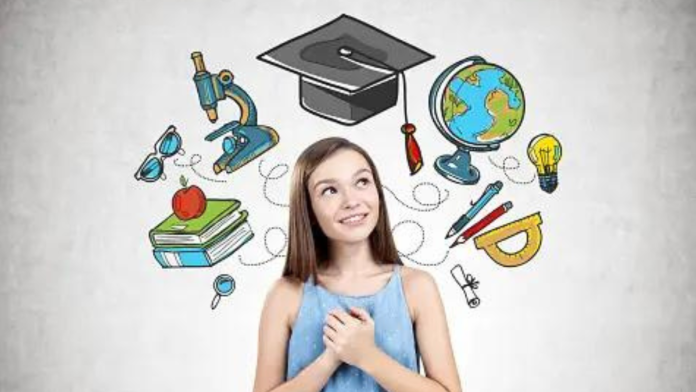Effective study techniques can elevate your academic experience, making it rewarding and enjoyable. Whether you’re studying for an exam or aspire to broaden your knowledge, using tried-and-true tactics will help you meet your academic objectives. Adopting proven learning approaches can assist kids in achieving their learning goals and instilling a lifetime love of knowledge.
This article will share six strategies of efficient study methods to help learners ace their academic journey. Following these will help them create a lifelong routine that supports their intellectual path and future career prospects.
Top Effective Study Techniques for Learners
Mastering efficient study habits can considerably boost learning and academic performance. From planning and organising to avoiding distractions, the approaches outlined below can increase efficiency and assist students in getting superior educational outcomes. So Let’s dive into each strategy one by one.
- Get Organised:
Start by identifying specific goals and developing a detailed learning plan. Planners and timetables can help you keep track of crucial deadlines. Organise your study materials to ensure notes, textbooks, and online resources are always accessible. To minimise feelings of overload, prioritise tasks and break them down into manageable steps. Implementing effective study methods allows you to avoid stress and stay focused.
- Plan Ahead and Stick to It:
Schedule your semester, marking crucial dates like examinations, assignments and project submission deadlines. Divide your study periods into reasonable segments and establish precise, attainable goals for each. Use multiple tools to track your success and change your strategy if necessary. Anticipating obstacles and organising time can help you avoid last-minute cramming and maintain a more consistent and productive study routine.
- Take Notes:
Keeping notes is a vital tool that reinforces learning and boosts recall. Use the Cornell system and mental mapping to organise knowledge. Writing down significant facts, concepts, and examples in classes and while reading is one of the most effective study methods. Summarise the topic in your preferred manner to improve comprehension. Keep your notes up to date by reviewing and revising them regularly.
- Eliminate Distractions:
Eliminating distractions is critical for keeping attention and increasing study efficiency. Start by setting up an organised workspace that’s comfortable and well-lit. Turn off alerts on your phone and computer, or install apps that block distracting websites. Adhering to strict discipline and setting clear boundaries during study sessions will lead to focused attention. You can boost productivity by reducing distractions and creating a pleasant learning atmosphere.
- Take Breaks:
Regular breaks are effective study techniques for maintaining attention and efficiency. Adopt techniques like the Pomodoro method, which practises learning for 25 minutes, followed by taking a 5-minute break. Utilise this time to stretch, meditate, or walk outside in nature. Avoid activities that may take longer, like watching TV or checking social media. Regular breaks help to avoid burnout and boost concentration.
- Reward Yourself:
Most effective study method is rewarding oneself to make learning enjoyable. Set precise goals for your learning sessions and treat yourself when you achieve them. Rewards might be small, like a favourite snack or a little break to view a video. Consider bigger prizes for significant accomplishments, like a night out with friends. To stay motivated, associate learning accomplishments with positive reinforcement.
Conclusion:
Incorporating the above-listed best effective study methods can boost students’ academic performance. They can learn better when they start managing their time, stay organised, avoid distractions, and take frequent breaks. Embracing these tactics can help children develop abilities to assist them during their school years at Harrods International Academy and beyond. Following these steps can help students become wiser and more confident in achieving their academic objectives.








